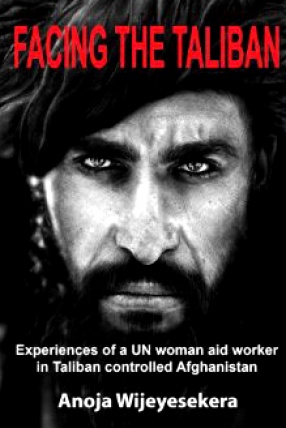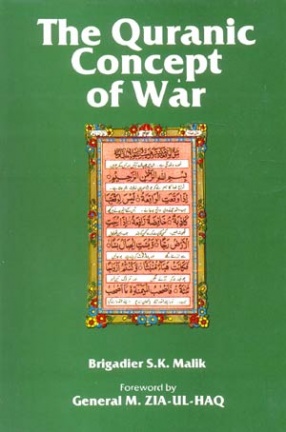Facing the Taliban: Experiences of a UN Woman Aid Worker in Taliban Controlled Afghanistan
It is the night of 11th September 2001 in Kabul, Afghanistan. Anoja is frantically gathering her things for an evacuation. In the background, the falling bombs shake the foundations of the house, but her thoughts are far away, she can only think of her brother, Srinath, who is trapped in the debris of the Twin Towers in New York. In a cruel twist of fate, two siblings find themselves as bystanders on opposite sides of what would soon become a cruel and painful conflict. This dramatic opening to Anoja's autobiographical account is just a small window into the fascinating and tumultuous tale of an aid-worker, mother and woman who finds herself in a place that would soon become a focal point of global politics. Amidst the heart-wrenching tales, there are instances of humour. The Taliban's obsessions with their weird rules from the length of a man's beard and the covering of a woman's face are some humorous nuggets amid a bleak environment. Anoja's encounters give a rare insight into the working of the Taliban government. Through her stories, we witness how sometimes the Taliban themselves were bewildered by the absurdities of their own rules. The book ends with the culmination of Taliban edicts going haywire and leading to the destruction of the Bamyan Buddha statues, the two gigantic and iconic structures of the ancient world, akin in a symbolic way to the attack on the Twin Towers of New York which is the starting point of the book. Anoja's reminiscences provide a unique picture of a country at the brink of a bloody chapter. Through disenfranchisement and Taliban Edicts emerges a moving picture of a compassionate and kind people who are victims and prisoners of a fate which has spiralled beyond their control.
Get it now and save 10%
BECOME A MEMBER







Bibliographic information